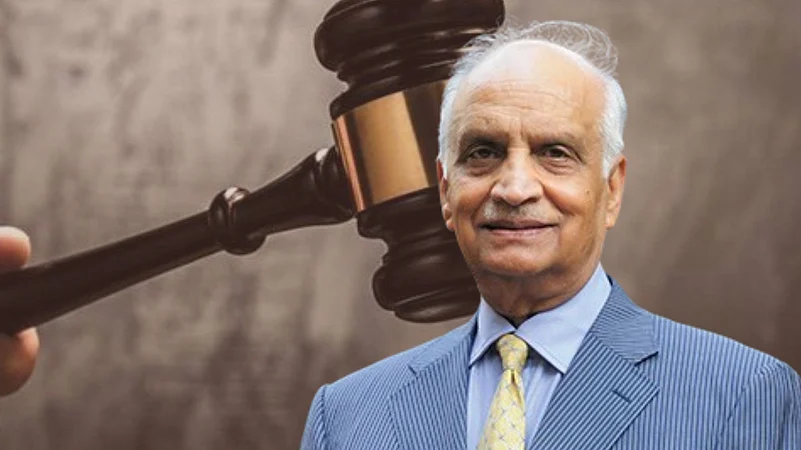
Delhi High Court upheld the will of late Luxor Group founder DK Jain, naming his wife Usha Jain sole beneficiary of assets worth hundreds of crores.
The 2004 will was challenged by daughter Priya Jain, but objections were dismissed.
A division bench led by Justices Anil Kshetrapal and Harish Vaidyanathan Shankar upheld the earlier probate order.
A division bench of the Delhi High Court has upheld the will of late Devendra Kumar Jain, founder of Luxor Group, which named his wife Usha Jain as the sole beneficiary of assets worth hundreds of crores. The 2004 will had been challenged by his daughter, Priya Jain.
Earlier in May this year, a single-judge bench granted a letter of administration, appointing the family’s chartered accountant as executor of the will and confirming Usha Jain as the sole beneficiary. That order was appealed, but Justices Anil Kshetrapal and Harish Vaidyanathan Shankar have now upheld the probate grant.
A grant of probate is a court-issued document certifying a will as valid and empowering the named executor to administer the deceased’s estate.
The case dates back to March 2014, when DK Jain passed away. In his 2004 will, he bequeathed all movable and immovable properties to his wife, leaving out four children. Initially, three heirs, Payal Kapoor, Pankaj Jain and Priya Jain, contested the will, while Pooja Jain, currently Managing Director of Luxor Writing Instruments, the stationery manufacturing arm of the group, did not.
Over time, both Pankaj Jain and Payal Kapoor withdrew their objections after family settlements with Usha Jain. This left only Priya Jain’s challenge to be adjudicated.
Priya argued that the will was forged and fabricated to exclude other heirs in favour of her mother, allegedly under the influence of Pooja Jain. She claimed it was unnatural for her father to omit her, pointing to irregularities such as spelling errors, lack of registration, absence of a codicil despite significant estate changes, and the use of an employee as a witness who allegedly benefitted from supporting the will.
She further alleged coercion, stating she was pressured into signing a no-objection agreement under threat of losing her salary and benefits. She also questioned the physical condition of the will, suggesting it was typed on newer paper long after 2004 and possibly created by misusing her father’s signatures on blank sheets.
However, in May, Justice Navin Chawla ruled that Priya Jain had failed to establish any suspicious circumstances.
“It would be evident that the petitioner has not only proved the due execution and attestation of the will, and that the testator was in sound disposing mind at the time of its execution, but also has proved that there were no suspicious circumstances surrounding the will,” he wrote.

































